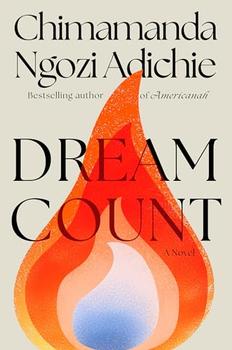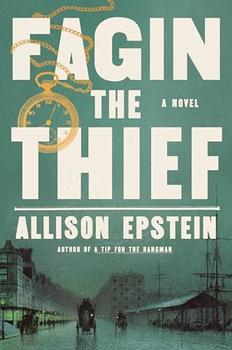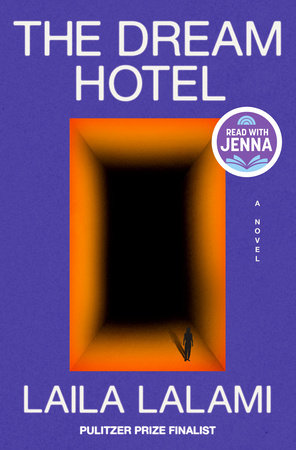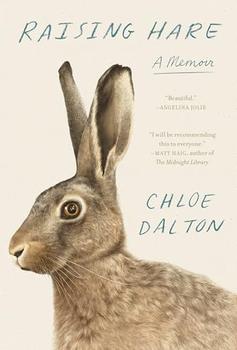Summary | Excerpt | Reading Guide | Reviews | Beyond the Book | Readalikes | Genres & Themes | Author Bio

After a moment, though, the man did shake my hand, limply, but no one else around could know that, not the Germans, not the Israelis. He did not introduce himself in return.
"Tell me about your village," I said.
"What?"
"About Suswan. For example, how many people live here? What's life like? Who are they?" I gestured toward the group.
"Our guests," the man said.
"Guests from where?"
I cleared my throat. I could hear the guys laughing back by the Wolf.
"Austria," he said. "International solidarity visitors."
"What kind of solidarity?" I said, my Arabic sharpening as I glanced at the dangle of crucifixes, at the shiny cameras cradled in veiny hands. "Against the Jews?"
I wasn't thinking about my accent, then. I was thinking then about my grandfather, about Salonica, about the Germans.
"No, no," the man said, "just against the demolition orders given to us by the Jews."
"What demolition orders?"
The man snorted and mimicked my question in a nasally voice, "Ei awamr hadim?"
I bit down on the soft flesh of the inside of my cheek.
"Demolition orders for our entire village," he said.
"Why?" I said.
"B'tisalni ana?" he said, with a woodchip laugh. "You're asking me?"
I took a moment to try to pluck the splinters of his laughter from my mouth before speaking again. "Did you get permits to build here?"
"You don't give us permits, here or anywhere. Do you really not know this, or are you playing games with me?"
"I'm—I'm new here," I said, my accent faltering. I wondered if I should switch to Hebrew.
He snorted again.
I thought about my grandfather, about his voice when he said he was proud of me. I straightened my back and spoke in what I hoped was a crisp tone, still in Arabic: "What I mean to say is, I'm sorry to hear that. I don't know all the details. It seems complicated."
The man was quiet.
I thought about you and Nimreen, about how I told you I'd be decent, told you I'd still be me.
"But if there's anything I can do to help," I continued, "just tell me, okay?"
The man looked up at me, his eyes wide, a little smile playing on his lips. I thought he looked grateful. I felt hairs rising on my nape. This was why I'd started learning Arabic in the first place: to communicate with the Other. Even before I met you and Nimreen, that was something I wanted.
Do you remember that night on the beach in Haifa, when you and Nimreen tried to list for me all twenty-six Arabic synonyms for "love"? I only remember two of them now, aside from the basic one, "al-Hub," which is the root of the word "habibi."
"Al-Kalf," Nimreen said, passing the joint to me, our fingers brushing. She blew two pillars of smoke out of her nostrils. I told her later that night that she'd looked like the most elegant walrus ever to grace the coast of Palestine, and she'd laughed, wild and loud, and punched me in the shoulder, "It's like... exaggerated love. Overstated."
I looked down at the sand, where Nimreen's bare feet were buried up to her ankles. On her left leg, there were two tiny black hairs that she'd missed while shaving, right above the shell anklet she always wore. I thought these two hairs might be the most beautiful thing in the entire land.
"Al-Jouah," you said, the bass of your voice blurred by the rush of the water, "love that leaves you with a feeling of, like, deep sadness."
You looked beautiful too, Laith, your lanky frame origamied into compactness, knees pressed to your chest, arms wrapped around your shins. The dark threads of your scraggly beard were glistening, catching shards of hidden sunlight reflected off the moon, nearly identical to the hairs on your twin sister's ankle.
Excerpted from Sadness Is a White Bird by Moriel Rothman-Zecher. Copyright © 2018 by Moriel Rothman-Zecher. Excerpted by permission of Atria Books. All rights reserved. No part of this excerpt may be reproduced or reprinted without permission in writing from the publisher.



Fagin the Thief
by Allison Epstein
A thrilling reimagining of the world of Charles Dickens, as seen through the eyes of the infamous Jacob Fagin, London's most gifted pickpocket, liar, and rogue.

The Dream Hotel
by Laila Lalami
A Read with Jenna pick. A riveting novel about one woman's fight for freedom, set in a near future where even dreams are under surveillance.

Raising Hare
by Chloe Dalton
A moving and fascinating meditation on freedom, trust, and loss through one woman's friendship with a wild hare.
These are not books, lumps of lifeless paper, but minds alive on the shelves
Click Here to find out who said this, as well as discovering other famous literary quotes!
Your guide toexceptional books
BookBrowse seeks out and recommends the best in contemporary fiction and nonfiction—books that not only engage and entertain but also deepen our understanding of ourselves and the world around us.